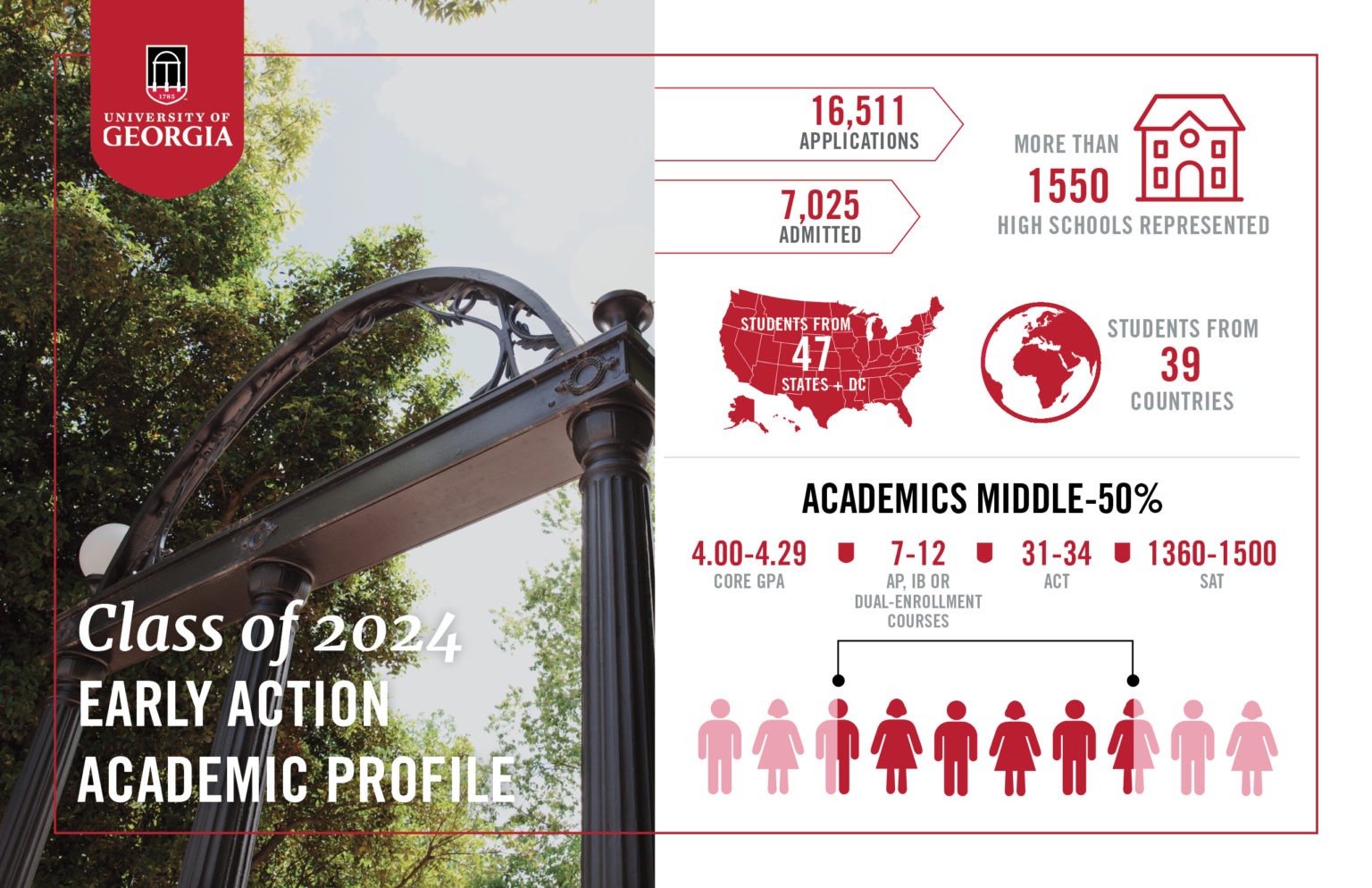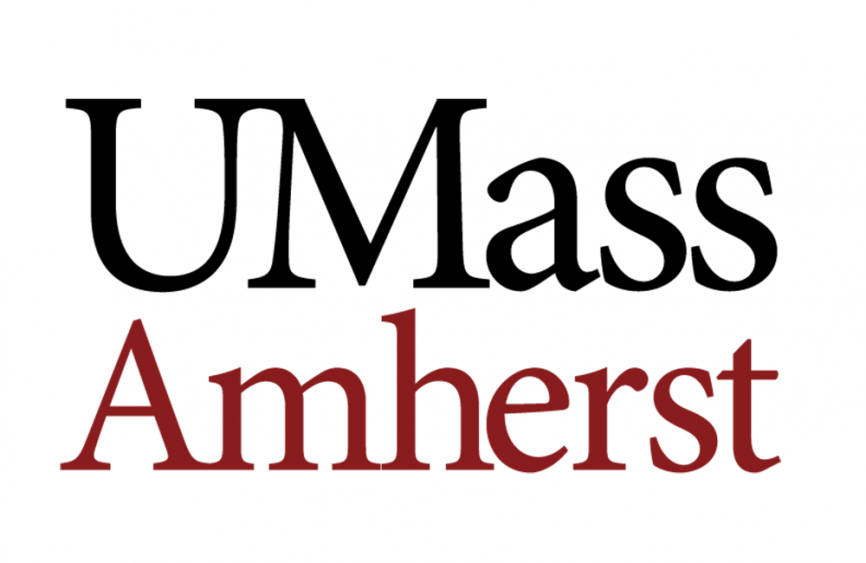 Ohio State University has announced that it will be moving its traditional November 15 Early Action Deadline to November 1 starting in Fall 2021.
Ohio State University has announced that it will be moving its traditional November 15 Early Action Deadline to November 1 starting in Fall 2021.
The news was shared Monday by Beth A. Wiser, Ohio State’s Executive Director of Undergraduate Admission, who also said that the university has yet to decide if it will again be test optional during the 2021-2022 admissions cycle like it was during the 2020-2021 admissions cycle.
What we do know is that Ohio State is loving being test optional as evidenced by Wiser’s additional revelation that a whopping thirty-eight percent of the 13,500 students admitted so far for Fall 2021 asked for their test scores not to be considered. Expect this number to climb when Ohio State releases more acceptances at the end of this month, as Wiser acknowledged that students admitted Early Action “tend to be some of our strongest students academically.” Overall Ohio State has seen Early Action applications increase by roughly 15% in Fall 2020 compared to Fall 2019.


 So, all in, there were 7,025 admits, approximately 6,800 deferred, roughly 2,100 denied, and slightly over 300 incomplete.
So, all in, there were 7,025 admits, approximately 6,800 deferred, roughly 2,100 denied, and slightly over 300 incomplete. University of Massachusetts Amherst has announced a significant change in what types of responses applicants could receive when applying Early Action (EA).
University of Massachusetts Amherst has announced a significant change in what types of responses applicants could receive when applying Early Action (EA).